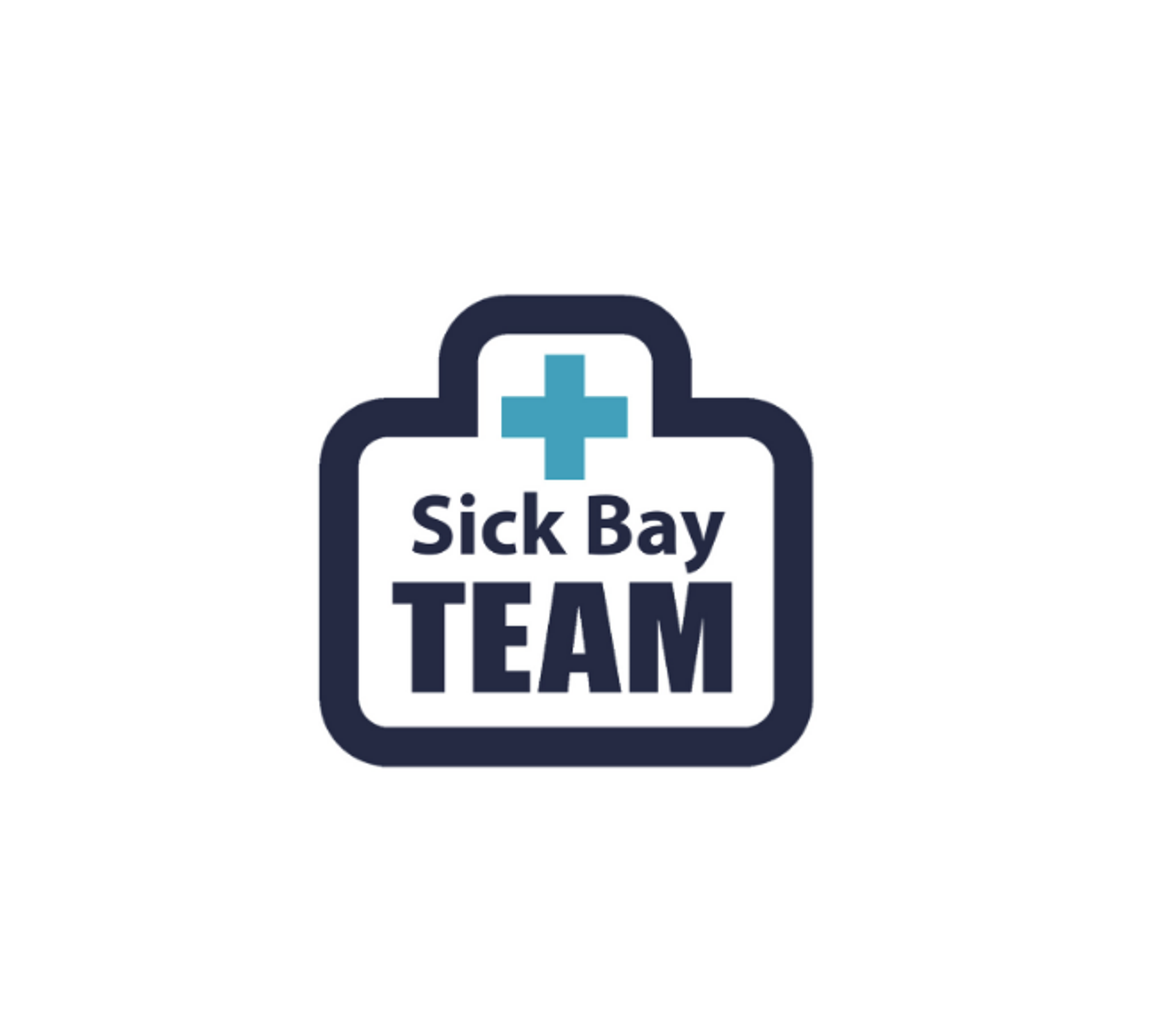Safety and First Aid

How to protect against mosquito-borne diseases
To help protect against bites, students and staff can:
- cover up as much as possible with long, loose-fitting, light-coloured clothing
- use mosquito repellent that contains picaridin or DEET on all exposed skin
- limit outdoor activity if lots of mosquitoes are active.
Where possible, schools can also reduce the risk of mosquito bites by:
- removing any stagnant water to reduce mosquito breeding
- sealing any rainwater tanks or water-storage devices
- preventing mosquitoes from entering school buildings by:
- repairing holes in flyscreens
- using knockdown sprays or electronic zappers
- cleaning guttering and storm water pits
- if camping, ensuring tents are properly fitted with mosquito netting.
When you notice a lot of mosquito activity, close windows and doors that do not have flyscreens, and use air purifiers. When the mosquito activity is reduced, consider re-opening doors and windows.
Staff or students who are worried about their health should visit their doctor or phone NURSE-ON-CALL: 1300 606 024 (available 24 hours).
Free Japanese encephalitis vaccines
Japanese encephalitis virus is spread to humans through bites from infected mosquitoes and can cause a rare but potentially serious infection of the brain.
Free Japanese encephalitis vaccines are available to protect Victorians at higher risk of the virus.
The Victorian Department of Health encourages eligible people who live or work in high-risk local government areas to get vaccinated.
For more information, including what is considered a high-risk area and eligibility for a free vaccine, refer to the Department of Health’s Japanese encephalitis webpage.
Find out more
For more information on protecting against mosquito-borne diseases, refer to Mosquitoes can carry diseases – Better Health Channel.
Better Health Channel also has information about mosquito-borne diseases known in Victoria, including Japanese encephalitis, Murray Valley encephalitis and Ross River virus.
Chickenpox
Many children are vaccinated against chickenpox through the measles, mumps, rubella and varicella (MMRV) vaccination offered at 18-months of age. Vaccinated children can still get chickenpox, but they generally have a much milder form of the virus. Parents and carers are encouraged to look out for chickenpox symptoms and keep students at home if they feel unwell. If your child has chickenpox, they may:
- have a mild fever
- feel tired and irritable
- be itchy
- develop a rash, typically starting on the chest, face or back. The rash usually starts 10-21 days after being exposed to someone with chickenpox.
Children with chickenpox should not go to childcare, kindergarten or school until the last blister has dried. Please tell the school as soon as possible if your child has chickenpox. People with a weakened immune system, pregnant women or babies under three months should seek advice from a medical professional if they have been exposed (or may be exposed) to chickenpox. In most cases, chickenpox gets better without the need for specific treatment. See Chickenpox - Better Health Channel for more information about relieving the symptoms of chickenpox. If you have any concerns, please see your child’s treating medical practitioner. For more information about chickenpox, see: Kids Health Information: Chickenpox (rch.org.au)
